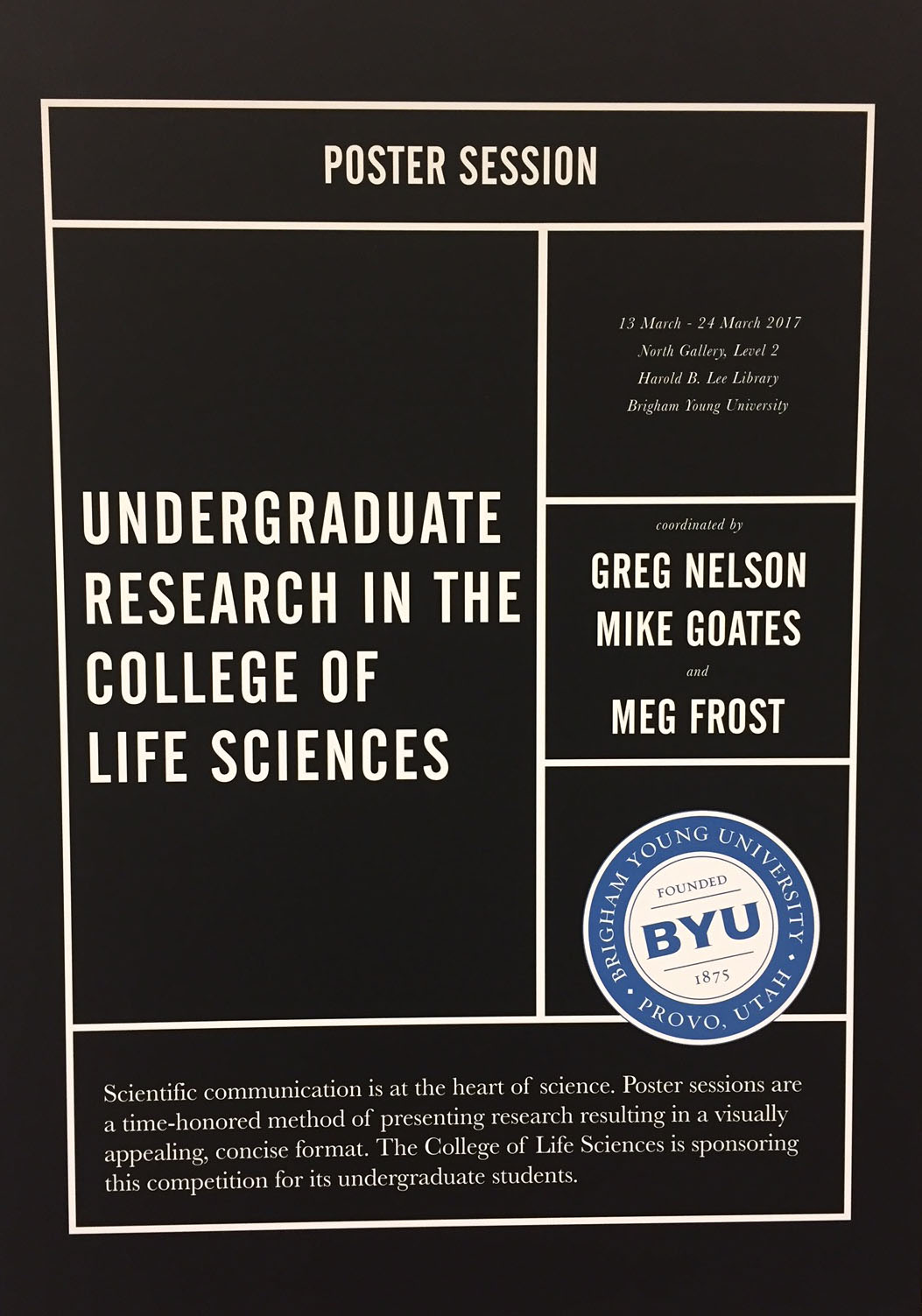Files
Download Full Text (1.4 MB)
Keywords
Cancer Immunotherapy, Biomarker, Antibody
Abstract
Effective immunotherapeutic targeting of cancer cells requires identification of specific antigenic differences between cancerous and healthy cells. Hypoxanthine-guanine phosphoribosyltransferase (HPRT) is a cytoplasmic enzyme involved in the salvage pathway for DNA synthesis. Certain cancers (e.g., prostate and breast) upregulate and express HPRT on the cell membrane, making HPRT a potential cancer biomarker for cancer immunotherapies. Antibodies specific for unique cancer proteins are critical to develop targeted cancer immunotherapies. Using a yeast display library and cell sorting, we selected for high-affinity human single-chain (scFv) antibodies against HPRT that can be utilized in chimeric antigen receptor (CAR) T cell therapies and antibody-dependent therapeutic approaches. Our initial screening identified a clone that binds to HPRT at a 20 nM concentration. Isolation and characterization of 20 HPRT specific clones for their ability to target cancer cells without destroying healthy cells is the critical next step in this HPRT immunotherapy development. Quantification of binding affinity and specificity will determine the best clones to transfer into an antibody-dependent (ADCC) or chimeric antigen receptor (CAR) T cell construct to evaluate cytotoxicity efficacy.
BYU ScholarsArchive Citation
Hansen, Austin J.; Haynie, Christopher J.; Whitley, Kiara V.; Townsend, Michelle; Johnson, Abby; Lindsay, Hunter; Baird, Laura; and O'Neill, Kim L., "Isolating Highly Specific Antibodies Against Cancer Target HPRT" (2023). Library/Life Sciences Undergraduate Poster Competition 2023. 29.
https://scholarsarchive.byu.edu/library_studentposters_2023/29
Document Type
Poster
Publication Date
2023-03-03
Language
English
College
Life Sciences
Department
Biology
Copyright Use Information
https://lib.byu.edu/about/copyright/


